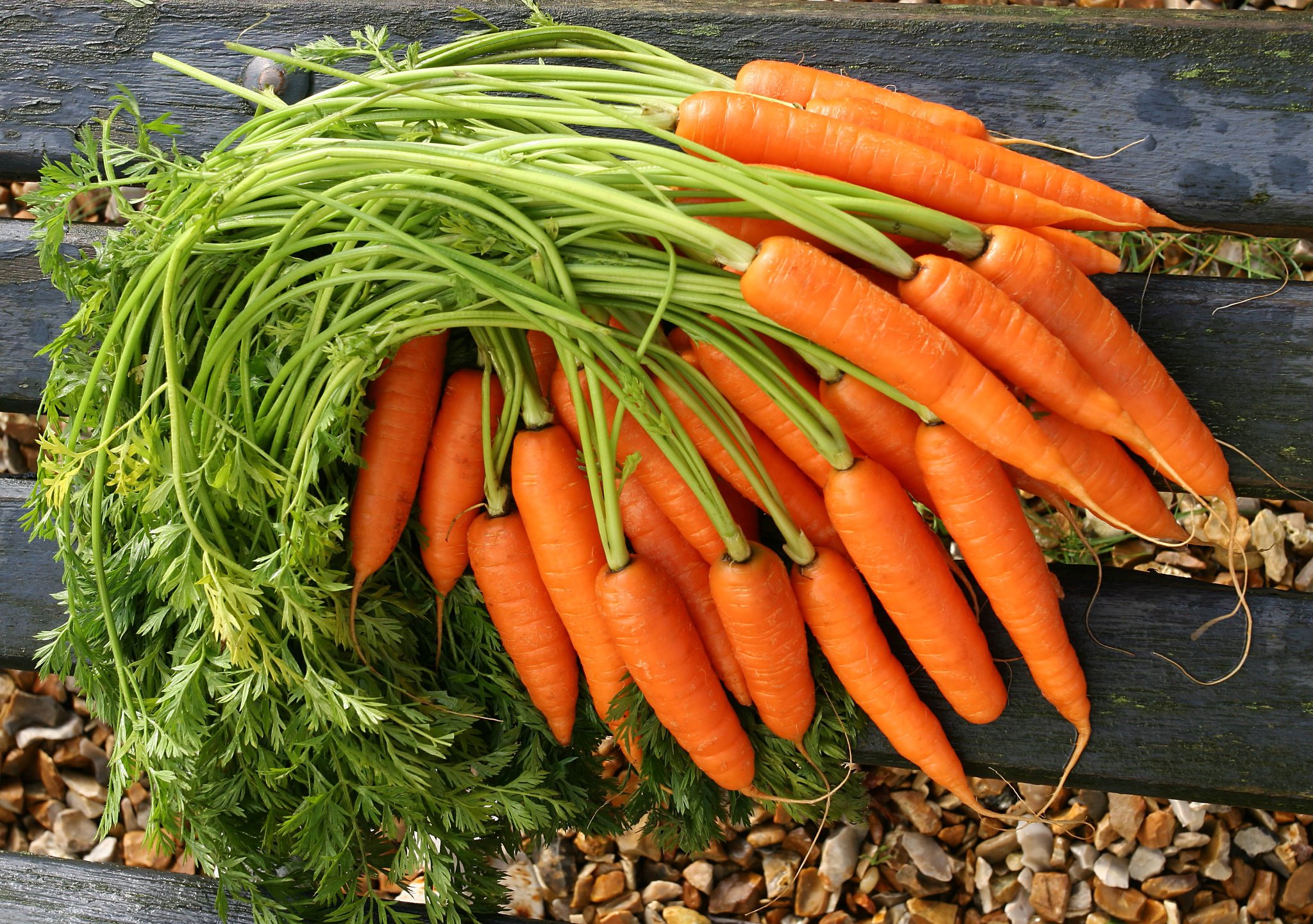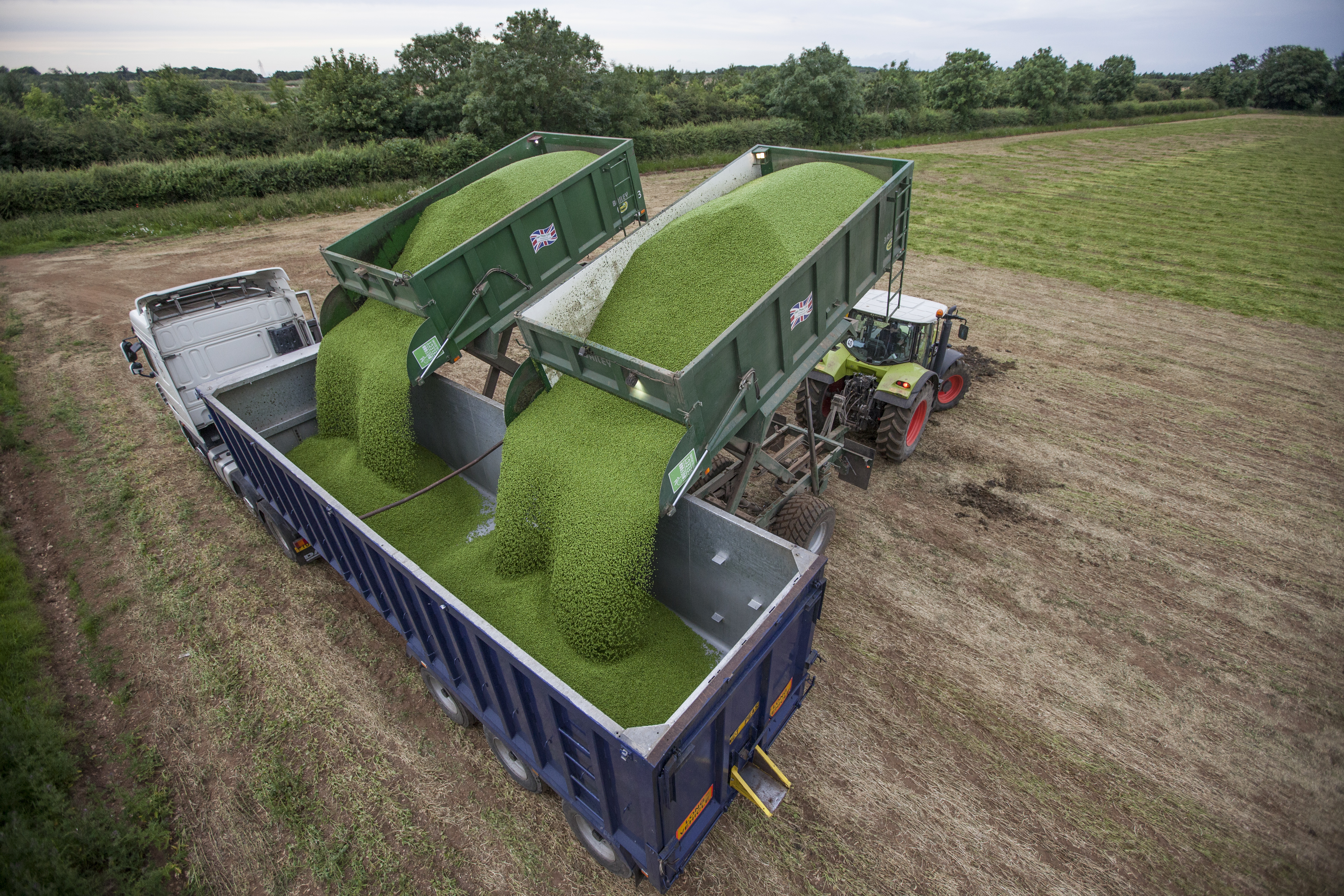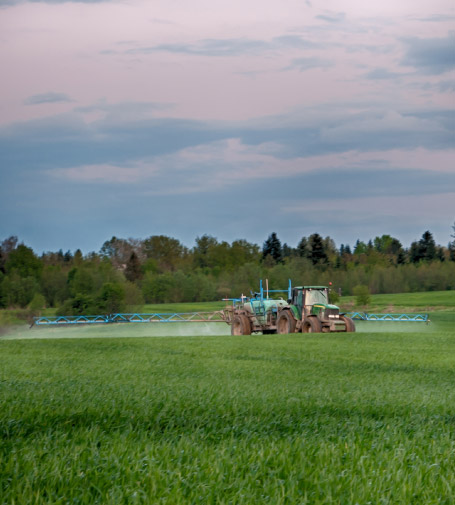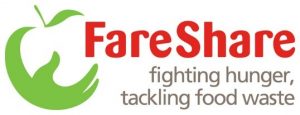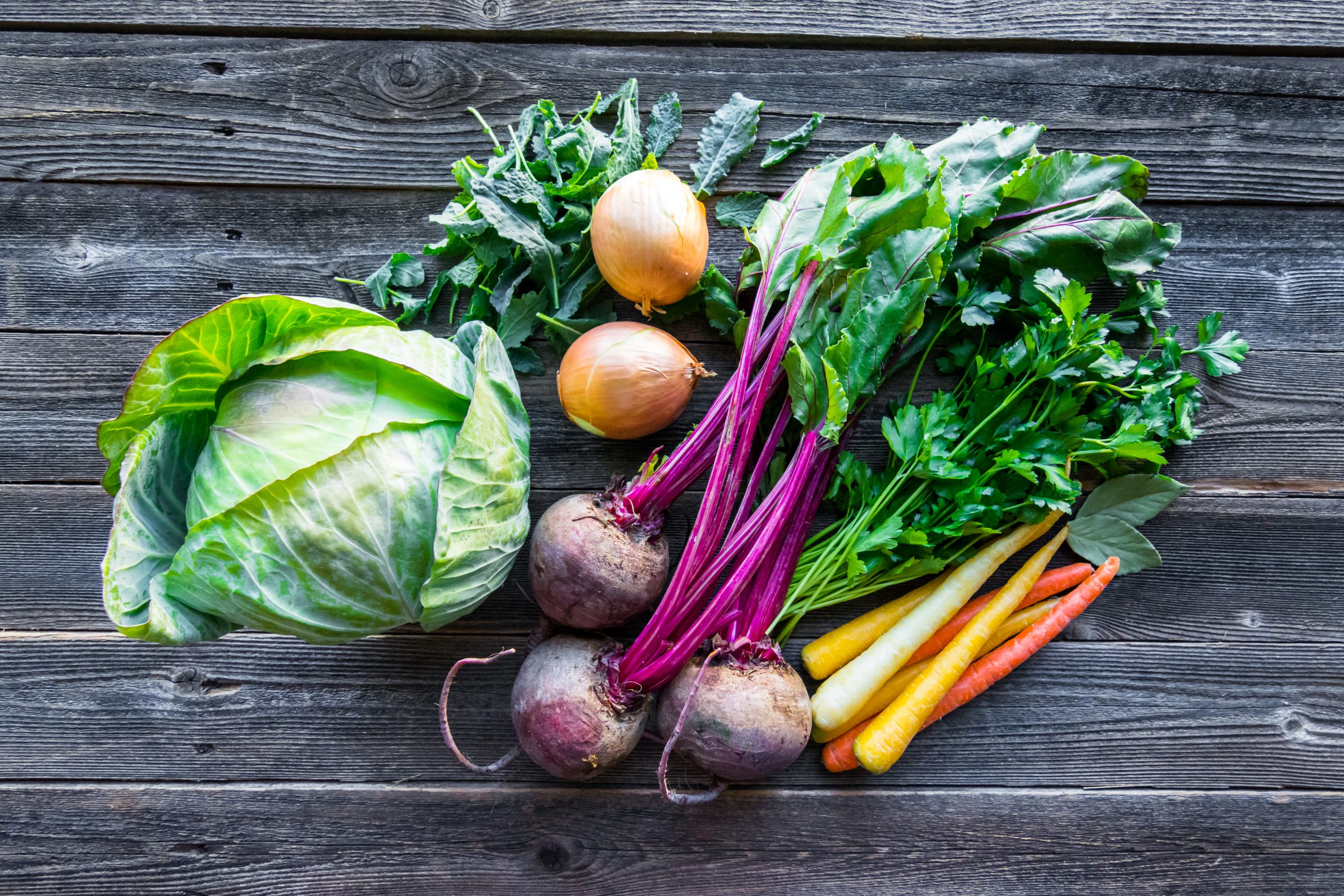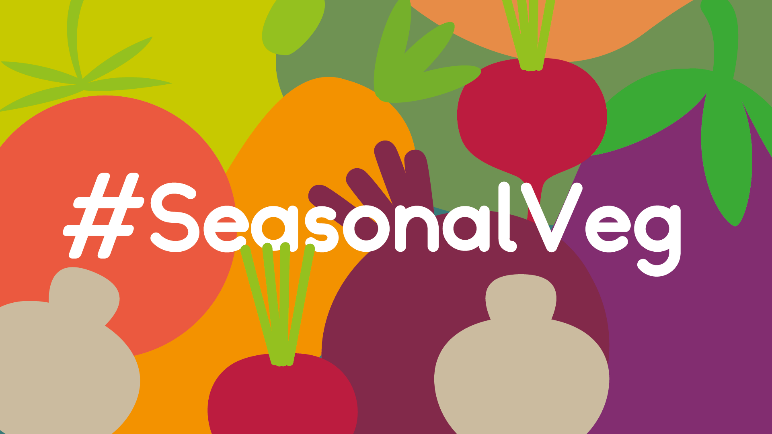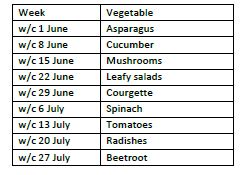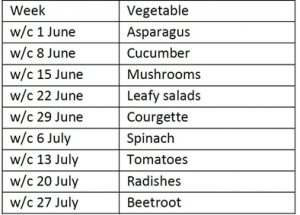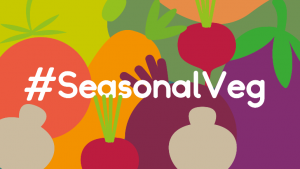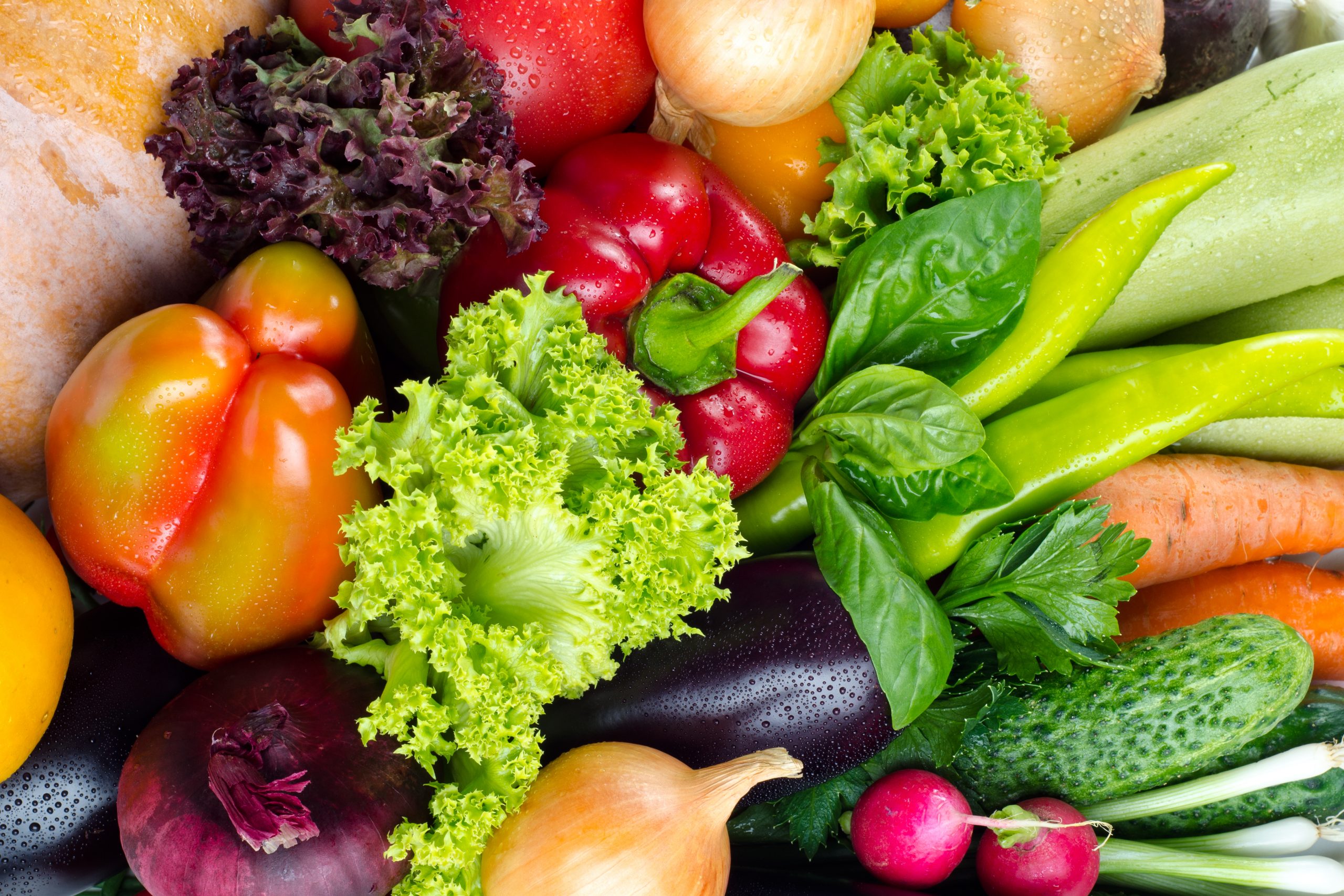
![]()
Unique alliance to encourage kids to eat more vegetables
- Unique alliance formed to encourage kids to eat more vegetables. Partnership between Public Health England, ITV, Channel 4, Sky, Veg Power, Coop, ASDA, Sainsbury’s and Chartwells.
- Funded by Public Health England, ASDA, Coop, Sainsbury’s and Chartwells.
- Supported by TV advertising campaign donated by ITV, Channel 4 and Sky Media.
- Together they have created an activity book full of veg puzzles, games, recipes and fun, themed to the popular Eat Them to Defeat Them campaign to inspire kids to love veg.
- 250,000 copies distributed for free via partner stores and through community projects, food banks and schools.
- Also available to download online at EatThemToDefeatThem.com.
- The kid-friendly recipes including Zombie Peppers, Smashed Carrots and Googly Eye Tomatoes will encourage families to cook together.
- Fun videos of the recipes also available on The Super Yummy Kitchen You Tube channel.
Eat Them to Defeat Them is back this October with an action-packed kids’ activity book. Veg Power and ITV have brought together Channel 4 and Sky, and partnered with Change4Life to create an activity book full of veg-themed puzzles, fun, games and recipes for kids and their families to enjoy. The book has been kindly funded by Public Health England, ASDA, Coop, Sainsbury’s and Chartwells, with advertising donated by ITV, Channel 4 and Sky.
250,000 copies will be distributed for free via ASDA & Sainsbury’s stores, Coop community champions and through community projects, food banks and schools.
This is the latest initiative from the award-winning Eat Them to Defeat Them campaign, which ran its second campaign in spring 2020. Created by Veg Power and ITV, with the support of Channel 4, Sky and 10 retail and food brands, the TV campaign reached over 46 million people and the schools programme reached 425,000 primary school age kids, with 76% of them saying it made veg more fun.
There will be a downloadable version of the puzzles and recipes at EatThemToDefeatThem.com, YouTube videos of the recipes by The Super Yummy Kitchen and a supporting TV and social media campaign.
Alison Tedstone, Chief Nutritionist at Public Health England said:
“We are delighted to be working with Veg Power on this initiative. Encouraging healthy eating habits is an important part of giving our kids the best start in life. We know that motivating kids to eat their greens can be a challenge which is why this campaign is so important, helping to make healthier choices easier for families”
Clare Phillips, Director of Social Purpose at ITV said:
“The Eat Them to Defeat Them activity book is the next step in our ongoing mission to get more vegetables on the plates of children up and down the country, in an engaging and creative way. This campaign has always had one very clear objective – to get kids eating healthily – and we’re all hugely encouraged and motivated by the continued positive response we’ve had. The activities, which you can download at home, should be great for keeping kids entertained and healthy this autumn.”
Dan Parker, Chief Executive, Veg Power said:
“Now more than ever we need to eat more veg – it’s key to improving the nation’s health and to supporting our fresh produce industry. This activity book has been created by a unique and powerful alliance, bringing together government, business, broadcasters and the third sector to collaborate on this essential issue.”
Meg Longworth, Director of Nutrition and Sustainability, Chartwells said:
“As the UK’s leading education catering specialist, we want to help young people get the best start in life. Our approach is to go beyond the food on the plate and support with education and information around nutrition and wellbeing. This activity book is a great way to engage children and the cook along videos on The Super Yummy Kitchen go a step further in encouraging them to want to cook and eat more veg.”

*** To enable Veg Power to continue with its mission, a membership programme is being launched to the horticulture sector via a webinar on Thursday 22nd October at 10.00am – 11.00am. Hosted by Hugh Fearnley-Whittingstall with presentations from Baroness Rosie Boycott (Chair, Veg Power) and Dan Parker (Chief Executive, Veg Power). Please save the date and a more formal invitation will be with you shortly***




